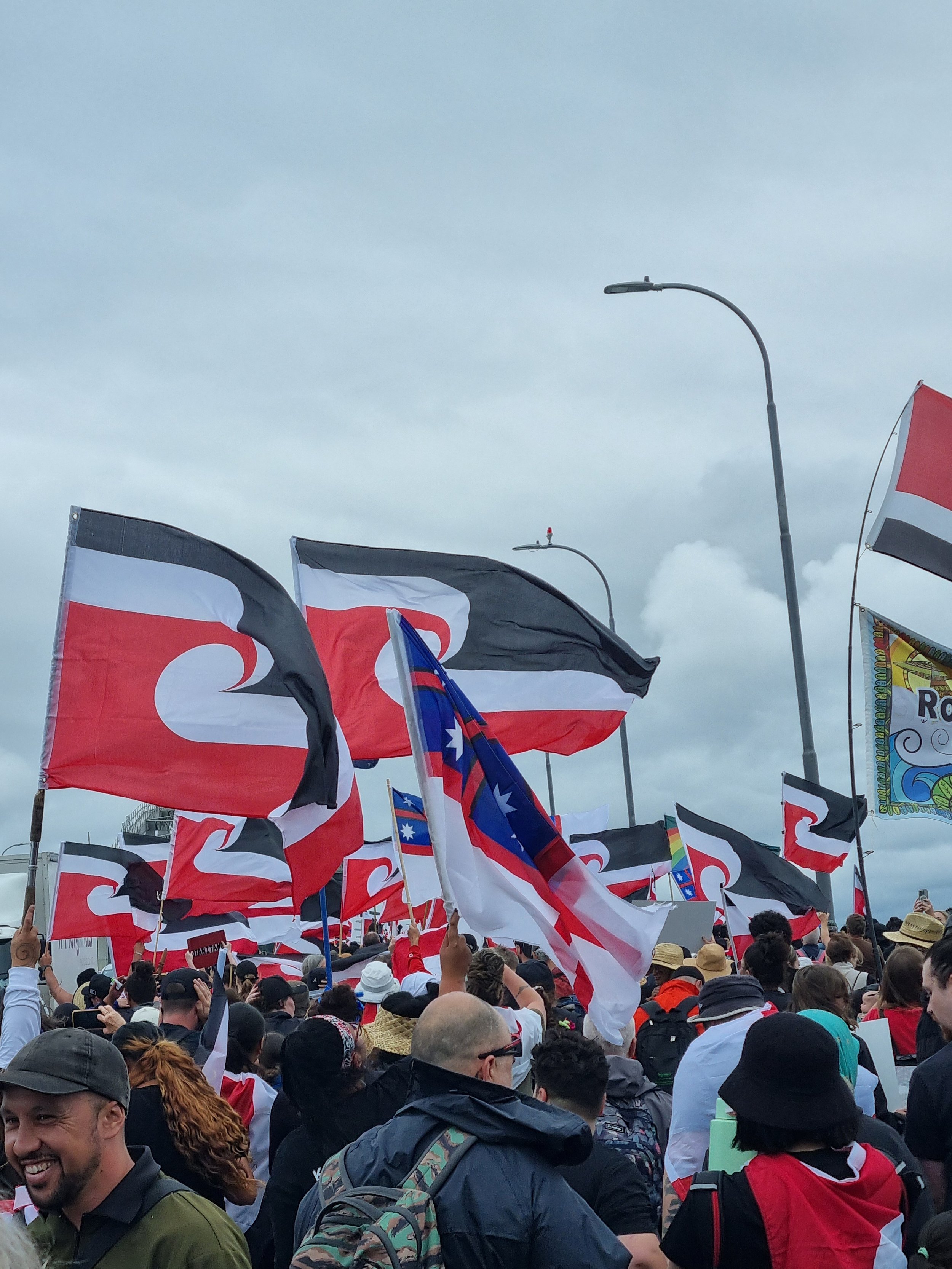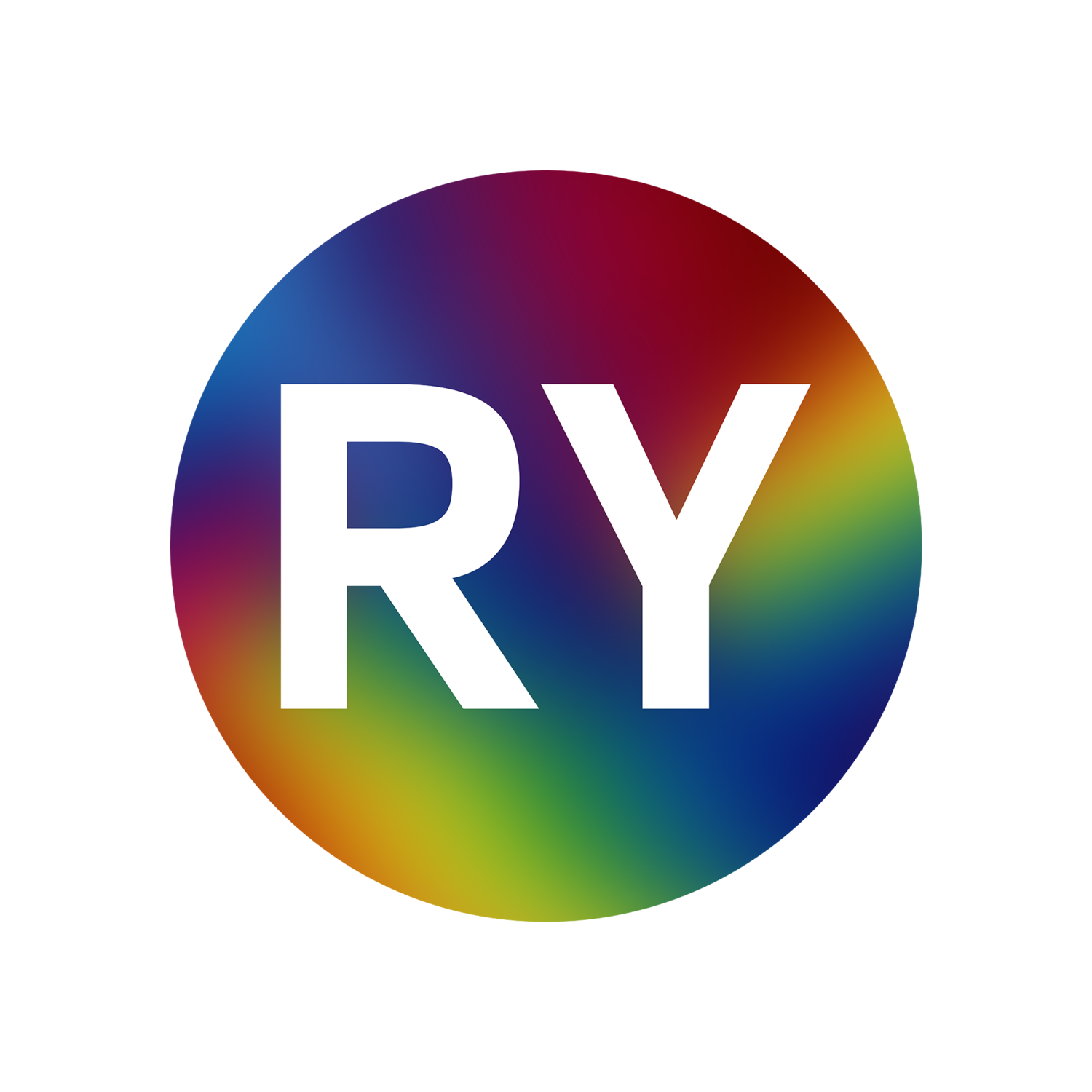
Te Tiriti o Waitangi
RainbowYOUTH is committed to honouring Te Tiriti o Waitangi. As a largely tauiwi organisation,
we recognise our obligations to tangata whenua under Te Tiriti o Waitangi.
RainbowYOUTH recognises and honours Te Tiriti o Waitangi, the agreement signed between the Crown and many rangatira and hapū across Aotearoa. You can see the articles of Te Tiriti o Waitangi and a literal English translation in this resource from the Treaty Resource Centre.
Takatāpui were celebrated members of whānau, hapu and iwi before colonisation. We recognise that takatāpui (as well as other Indigenous peoples and people of colour) have been negatively affected by colonial understandings of gender and sexuality, introduced into Aotearoa by colonisation.
As a prominent organisation in the rainbow* space, we carry responsibility to Māori to understand this history, and to take proactive steps to support and empower rangatahi takatāpui at individual, whānau, and community levels.
What does takatāpui mean?
Takatāpui is a Māori word, historically meaning 'intimate companion of the same sex'. The term was reclaimed in the 1980s and used by individuals who were gay, lesbian, bisexual, transgender, intersex or part of the rainbow community. The use of 'takatāpui' as an identity is a response to western ideas of sex, sexuality and gender, and emphasises ones identity as Māori as inextricably linked to their gender identity or sexuality.
Important to the notion that practices other than heterosexuality and being cisgender were accepted in traditional Māori society pre-colonisation, is the existence of the word takatāpui in one of the earliest Māori dictionaries - The Dictionary of Māori Language - compiled by missionary Herbert Williams in 1832. In this text, the definition is noted as "intimate companion of the same sex".
The most popular example of the term takatāpui in Māori history involves the popular (heterosexual) love story of Hinemoa and Tūtānekai - you can read more about this here.
What are we doing?
RainbowYOUTH is working to be and become responsive to Te Tiriti o Waitangi. We recognise this is an ongoing journey. Some of the things that we are doing and have done include:
Mandatory training for staff and volunteers about Te Tiriti o Waitangi
Use of Te Reo Māori across our internal and external communications
Proactive recruitment of Māori staff and Board members
Cash scholarships for rangatahi takatāpui
Revising our governance structure to give more decision making authority to Māori within RainbowYOUTH
“Biculturalism will look different depending on the context, aims and aspirations of the organisation. So trying to define biculturalism in a way that’s beneficial and relevant has been a slow process, but good”
— Cinnamon Lindsay | Tangata Whenua Representative
Resources
Ngā rerenga o Te Tiriti o Waitangi
For community organisations engaging with the Treaty of Waitangi Ngā Rerenga o Te Tiriti responds to the aspiration of groups and organisations within the community sector to be more engaged with the Treaty of Waitangi.
Learn More
Matike Mai Aotearoa
A report on constitutional transformation which is a Māori initiative, based on extensive consultation with Māori.
Mana Mahi resource for Te Tiriti Policies
This guide outlines some of the information organisations will need and sets out some tools, including an example of a Te Tiriti policy and a checklist to help organisations develop their own.
Learn More
Te Haerenga Hōu
A report developed by Kendra Cox, while doing a Social Work placement with RainbowYOUTH in 2018. The report brought together perspectives from Māori staff, volunteers and Board members as well as takatāpui elders, researchers and agencies such as Te Puni Kōkiri. Get in touch with us if you’d like to read this report.
Learn more


